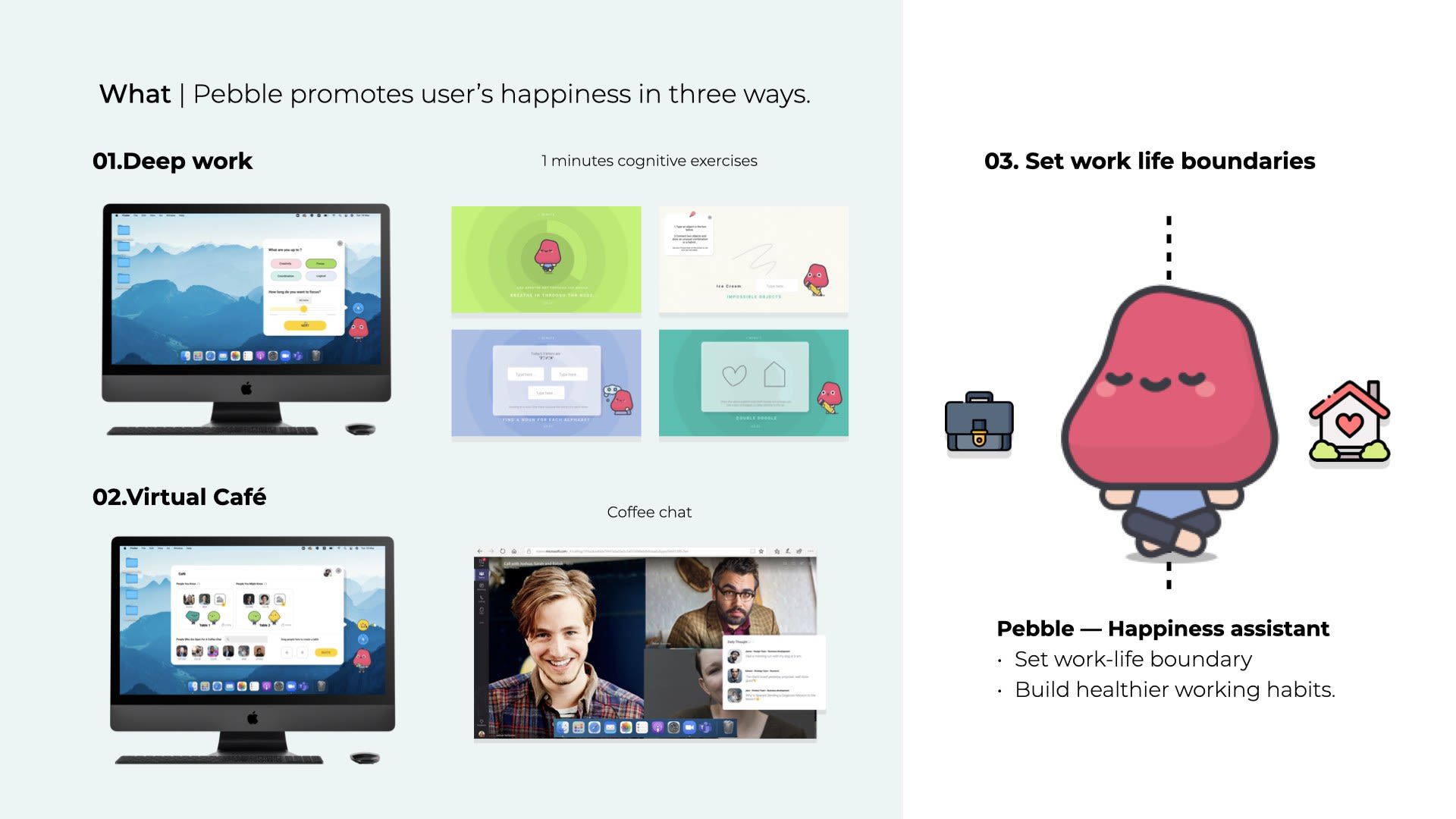After completing the Bachelor of Industrial Design Engineering at Hohai University, Jing has further her Service Design study at the Royal College of Art.
As a Service and Strategy Designer who gets excited about tacking wicked problems, she could see potential and possibilities anywhere. During her MA studies, she has completed multiple projects and worked as a service designer on several interdisciplinary projects worldwide-involving cultural experiences, supply-chain, well-being, city planning, and more. Colleagues and employers describe her as a catalyst who provides holistic perspectives.
Award:
Morepak -- First prize in the Cambridge MAKEit FRUIT&VEG and selected to The Innovation Cultivator Programme at Cambridge Centre for Global Equality and the 2020 Innovation Forum





